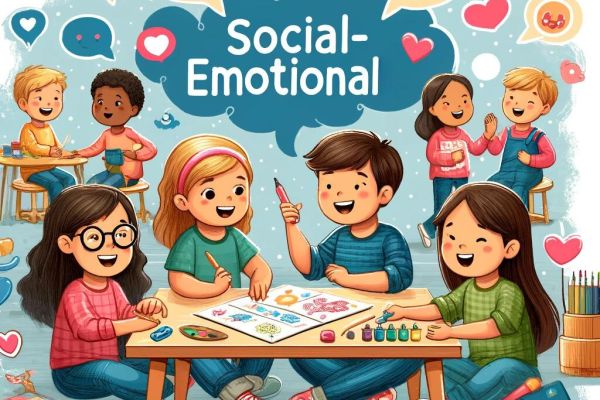Biliteracy and Social-Emotional Development

Biliteracy not only supports cognitive and academic growth but also plays a crucial role in social-emotional development. Learning to read and write in two languages helps children develop a strong sense of identity and self-confidence. It also fosters empathy, communication skills, and social awareness.
Research by Espinosa (2013) indicates that bilingual children often show higher levels of social-emotional development. They can navigate different cultural contexts and build relationships with diverse groups of people. Biliteracy encourages children to appreciate and respect different perspectives, fostering a more inclusive and empathetic mindset.
Reading bilingual books provides children with relatable stories that reflect their own experiences and those of others. This helps them understand their emotions and develop coping strategies for various social situations. Additionally, biliteracy strengthens family bonds, especially in multilingual households where children can share stories and experiences in both languages.
Read in 2 Languages offers a variety of bilingual books that support social-emotional learning, helping children develop into well-rounded individuals who are confident, empathetic, and socially aware.
References:
- Espinosa, L. M. (2013). PreK-3rd: Challenging Common Myths About Dual Language Learners: An Update on the Myths and What the Research Says. Foundation for Child Development.
Posted 1 year ago by Fabrice Jaumont